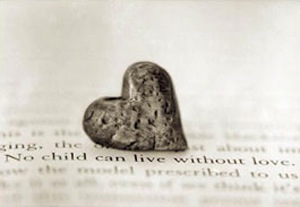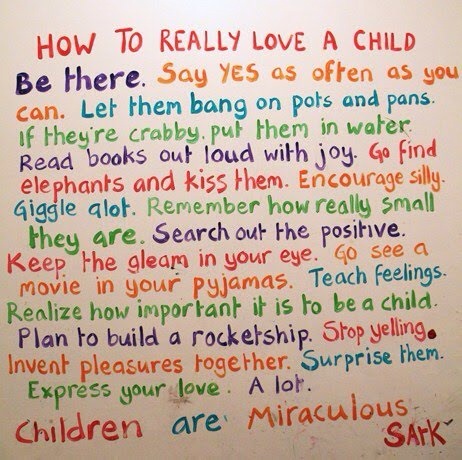The human brain is a social organ that is shaped by experience, and that is shaped in order to respond to the experience that you’re having. So particularly earlier in life, if you’re in a constant state of terror; your brain is shaped to be on alert for danger, and to try to make those terrible feelings go away.
The brain gets very confused. And that leads to problems with excessive anger, excessive shutting down, and doing things like taking drugs to make yourself feel better. These things are almost always the result of having a brain that is set to feel in danger and fear.
As you grow up an get a more stable brain, these early traumatic events can still cause changes that make you hyper-alert to danger, and hypo-alert to the pleasures of everyday life.









